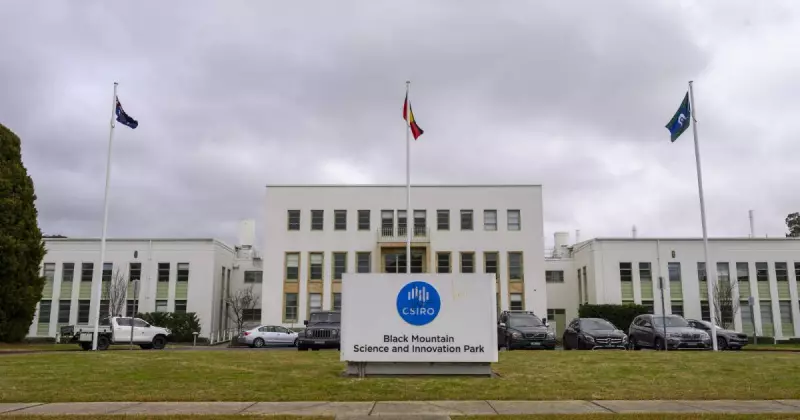
Science Agency Faces Major Staff Reductions
Australia's premier scientific research organisation, the CSIRO, has announced plans to eliminate approximately 350 positions next year due to insufficient government funding. This troubling development follows the loss of more than 800 roles over the past eighteen months as part of ongoing cost-saving measures.
The cuts have drawn sharp criticism from political figures and scientific experts who argue that reducing research capacity represents short-sighted economic thinking. Independent Senator David Pocock expressed deep concern about the potential impact on vital research roles, stating the government isn't providing what our national science agency needs to thrive.
Questioning the Economic Logic
Critics have challenged the government's fiscal rationale for the cuts, arguing that research represents essential long-term investment rather than an expense to be trimmed. One correspondent from Campbell highlighted how strategic research investment has historically yielded substantial returns, pointing to international examples of science-driven economic transformation.
The writer specifically questioned why funds couldn't be redirected from the $368 billion nuclear-powered submarine project, suggesting that the CSIRO cuts would be barely noticeable within such a massive defence budget. This perspective underscores the tension between different government spending priorities.
Broader Implications for Australian Science
The job reductions form part of a pattern that has seen Australia's scientific infrastructure gradually eroded under what critics describe as neoliberal policies prioritizing profit over public good. One Kaleen resident characterized the CSIRO cuts as performing a lobotomy on the nation, reflecting deep concern about the long-term consequences for Australia's innovation capacity.
Meanwhile, the funding crisis at CSIRO coincides with other significant national debates, including climate policy after the federal Liberals abandoned net zero targets - a move described by Climate Council CEO Amanda McKenzie as climate vandalism. These parallel discussions highlight the interconnected challenges facing Australia's scientific and environmental future.
The CSIRO has maintained a presence at Canberra's Black Mountain site since 1926 and currently employs approximately 1,000 people in the ACT. The planned reductions represent a significant blow to Australia's scientific community and raise questions about the nation's commitment to research and development as drivers of future prosperity.





